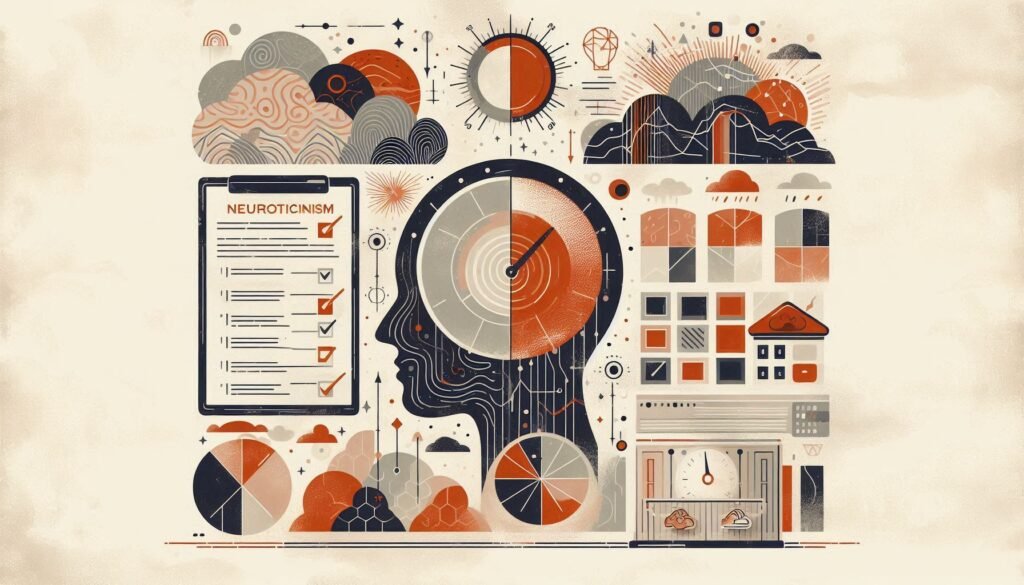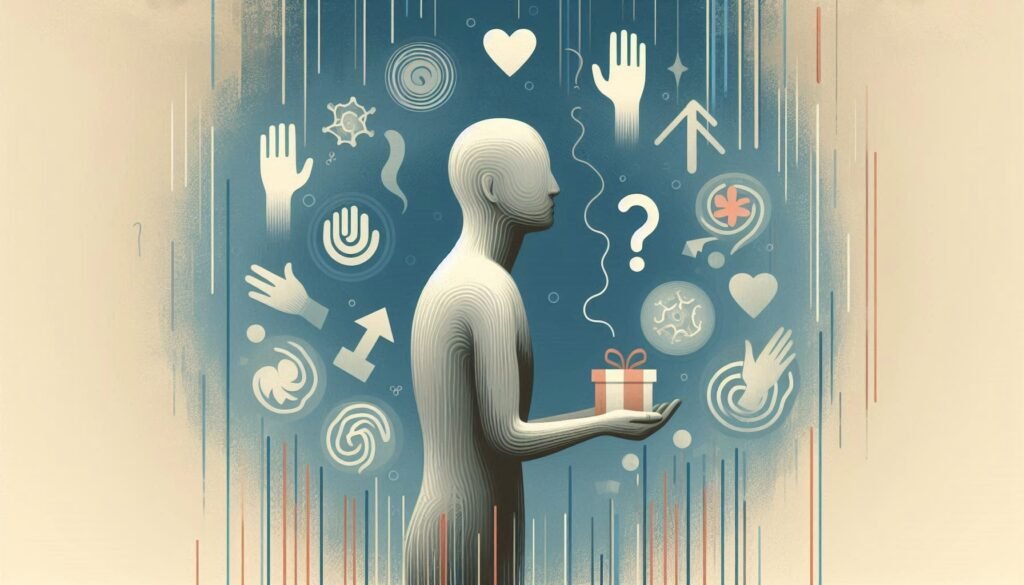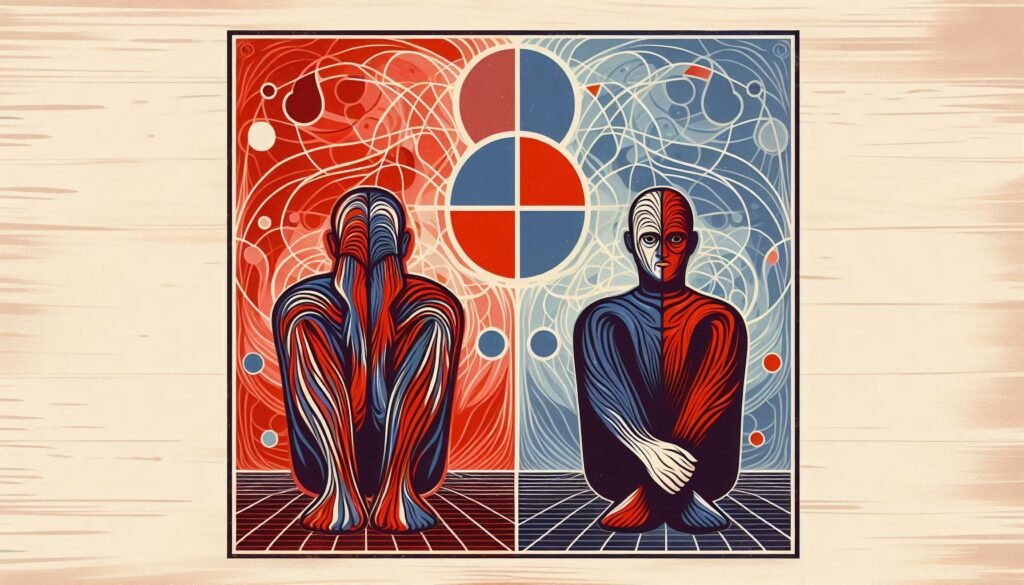Measuring Neuroticism: Comprehensive Guide to Assessment Tools and Scales
Measuring neuroticism: assessment tools and scales has become a vital aspect of psychological research and personal development. Neuroticism, one of the key dimensions in personality psychology, reflects emotional instability, anxiety, moodiness, and overall sensitivity to stress. Understanding this trait can provide valuable insights into how individuals perceive themselves and relate to the world around them. […]
Measuring Neuroticism: Comprehensive Guide to Assessment Tools and Scales Read More »










